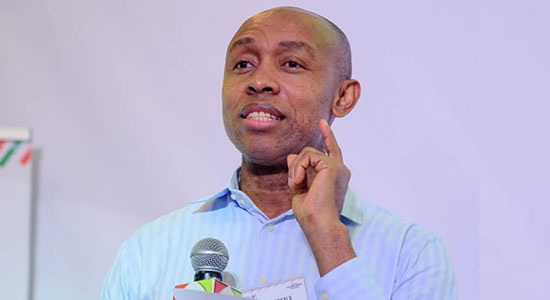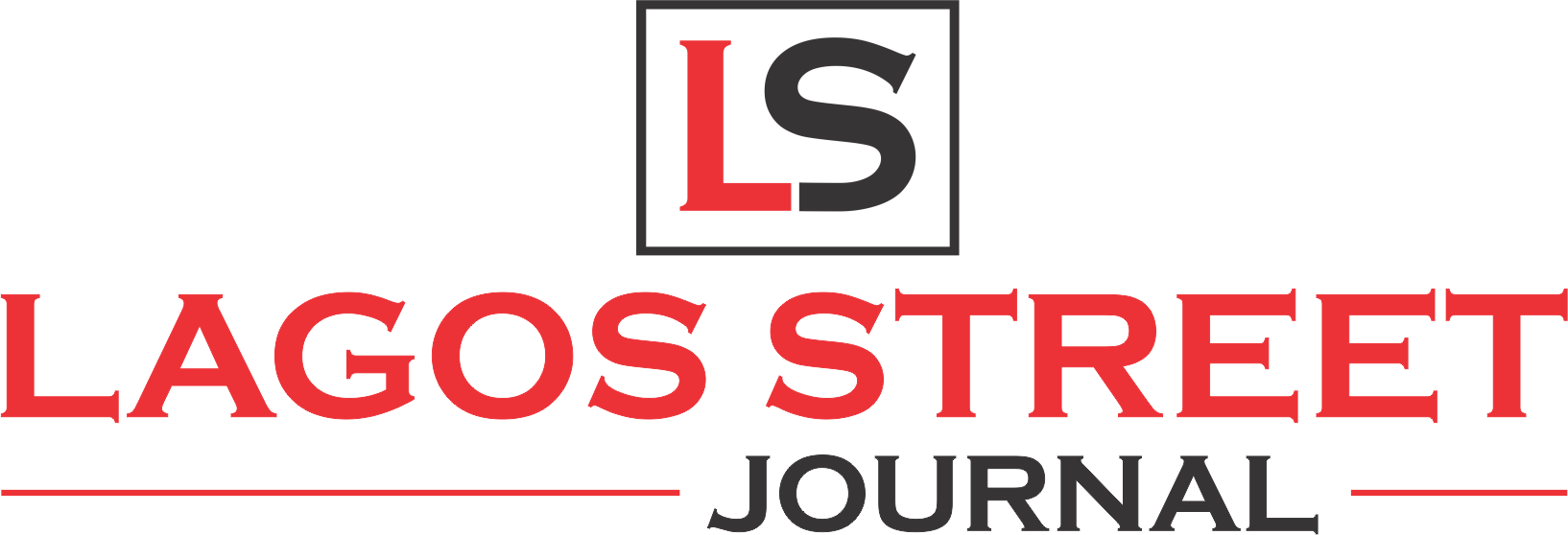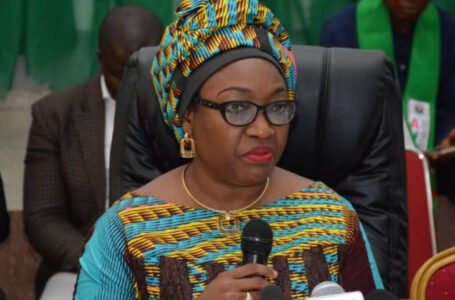Witness narrates how Ex-HoS, allies diverted public funds to private companies in court
Access To Court Is Troubled, Exit Not Guaranteed — Prof. Odinkalu


By Joseph Ayinde
Former Chairman of the National Human Rights Commission, Prof. Chidi Anselm Odinkalu, has said that access to courts in Nigeria is troubled while exit from it is not guaranteed.
Odinkalu who was a lead speaker at the Mive Legals (Ballason Chambers) public symposium which held on Friday 2nd July, 2021 analyzed the theme of the event: ‘Recalibrating Litigation in Time of Crises’ and said that although Covid-19 pandemic and the judiciary staff union strike had led to a situation where the court dockets are clogged and the legal calendar is out of sync, the judicial and legal system in the country had prior to the Covid-19 crisis, the crises of chronic delays in litigation, unconstitutional delays in judgements, absence of effective remedies, absence of reasoned judgements, perception of politically compromised judicial officers and a lack of service delivery ethos, the cumulative effect of which makes access to the courts troubling and exit from it not guaranteed.
“To arrive at an effective legal and judicial system, the judiciary must be high on principles, fair in trial, impersonal in service, communicate more effectively with court users and have a mandatory Alternative Dispute Resolution and diversion pathways from litigation;” Odinkalu said.
A retired High Court Judge and pioneer President of the Kaduna state Customary Court of Appeal, Justice Stephen Makeri, streamlined the challenges of the judiciary noting that the fortunes of the judiciary under the present democratic regime is worse off than the military era. He said the Bar and Bench need to rise to the present challenge and the National Judicial Council need to ensure judges comply with the constitutional provisions of judgement delivery within 90days.
Presenting on the threats and opportunities that the pandemic present to litigation, Mooya Lynn Nyaundi, a Senior Staff Attorney at the American Bar Association said the new order presents challenge on right to public trial, the recognition of lawyers as essential service providers and continuity of representation for the litigants who lost their lawyers to Covid-19. She suggested that petty crimes be decriminalized, access to justice should adapt to the new world order while covid-19 prevention measures should not be excessive or disproportionate.
Henry Kuloba, a Senior Attorney in the office of the Attorney General of Uganda said the new realities since the pandemic calls for either adaptation to new realities or exclusion by it. Drawing comparison between Nigeria and Uganda, he agreed with Prof. Odinkalu that mediation as an essential part of litigation should be made compulsory to reduce the clogged dockets but warned that Nigerian lawyers must avoid the trap that Uganda had where lawyers approached mediation with the adversarial attitude of litigation making dispute resolution difficult and then recycling the cases back to court dockets.
Abdullahi Yahya SAN, the Chairman of the Nigeria Bar Association, Barnawa Branch made a call for time limits to be fixed for criminal and civil trials as with election cases and called for a return of Bar-Bench engagements to ensure an independent judiciary, attitudinal change, efficient courts and ensuring virtual trials work despite the limited connectivity band widths.
Responding to questions from the Media, Gloria Mabeiam Ballason Esq, the Principal Partner of MIVE Legals and C.E.O. of House of Justice said the public symposium became necessary for the judiciary, lawyers and litigants as stakeholders to engage in finding solutions to the challenges bedevilling the Nigerian courts in arriving at justice especially since the pandemic began noting that no one had a monopoly of knowledge.








